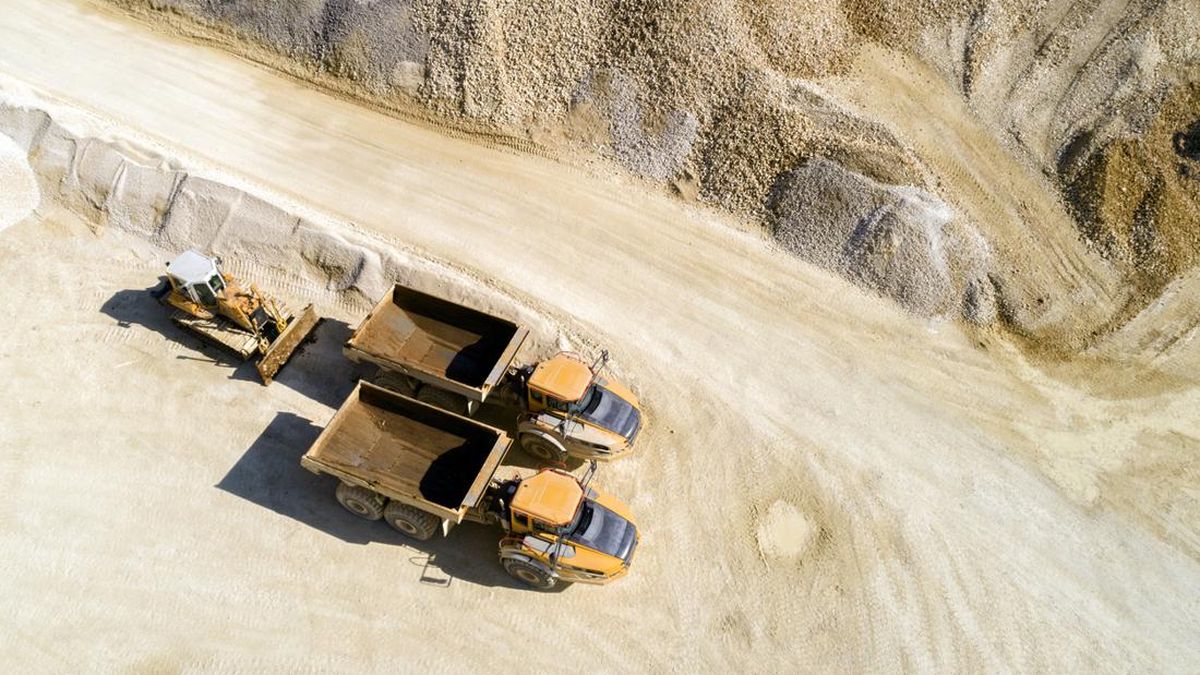Indonesia, endowed with abundant natural resources, is strategically shifting its focus from raw material exports to value-added processing. A significant move in this direction is the downstreaming of quartz sand, a critical component in solar panel manufacturing. This initiative aligns with the nation's commitment to renewable energy and industrial development.
Harnessing Quartz Sand for Industrial Growth
Quartz sand, primarily composed of silica (SiO₂), is essential in producing glass and photovoltaic (PV) panels. Indonesia boasts approximately 25 billion tonnes of quartz sand reserves, with 331 million tonnes ready for processing . Recognizing its potential, the government has implemented policies to promote domestic processing, aiming to reduce dependency on raw material exports and enhance industrial capabilities.
President Joko Widodo emphasized the importance of this shift, stating that silica sand has over 60,000 derivative products, offering substantial added value . By focusing on downstreaming, Indonesia aims to become a significant player in the global solar panel supply chain.
Strategic Investments and Partnerships
The downstreaming initiative has attracted significant foreign investments, notably from China's Xinyi Group, a leading glass and solar panel manufacturer. The company plans to invest approximately $11.5 billion to establish a quartz sand processing facility in Batam, Riau Islands . This facility is expected to bolster domestic solar panel production, reducing reliance on imports and fostering technological advancements. Additionally, the Indonesian government has banned the export of raw quartz sand to ensure sufficient supply for domestic industries . This policy aims to stimulate local manufacturing, create employment opportunities, and enhance the nation's economic resilience.
Advancing Renewable Energy Goals
Indonesia's commitment to renewable energy is evident in its ambitious plans to expand solar power capacity. The state-owned electricity company, PLN, targets an addition of 17.1 gigawatts (GW) of solar power capacity by 2034 . This expansion necessitates a robust supply of solar panels, underscoring the importance of domestic quartz sand processing.
By developing a comprehensive solar panel manufacturing ecosystem, Indonesia aims to meet its renewable energy targets, reduce greenhouse gas emissions, and promote sustainable development. The integration of quartz sand downstreaming into this ecosystem is a pivotal step toward achieving these objectives.
Challenges and Opportunities
While the downstreaming initiative presents numerous benefits, it also poses challenges. Establishing processing facilities requires substantial capital investment, advanced technology, and skilled labor. Moreover, environmental considerations must be addressed to ensure sustainable operations.
However, the potential rewards are significant. By capitalizing on its natural resources and fostering industrial development, Indonesia can enhance its global competitiveness, diversify its economy, and improve energy security. Furthermore, the initiative aligns with global trends toward renewable energy and sustainable practices.
Conclusion
Indonesia's focus on quartz sand downstreaming represents a strategic move toward industrialization and renewable energy advancement. Through supportive policies, strategic investments, and a commitment to sustainability, the nation is poised to become a key player in the global solar panel industry. As the initiative progresses, it holds the promise of economic growth, technological innovation, and environmental stewardship.
Read More






 Wednesday, 04-03-26
Wednesday, 04-03-26







